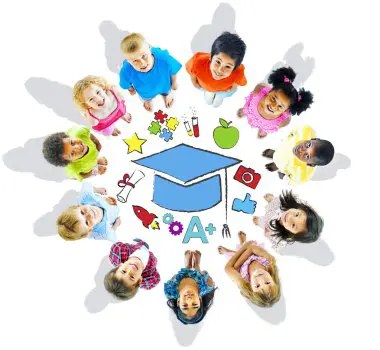
Nurturing Minds: Understanding Child Development
- Admin
Child development is a fascinating journey marked by significant milestones, each contributing to the growth and maturation of a young individual. From infancy to adolescence, children undergo rapid physical, cognitive, emotional, and social changes. Understanding the intricacies of child development is crucial for parents, caregivers, and educators to provide optimal support and nurture the potential of every child. In this article, we delve into the various aspects of child development, highlighting key stages and providing insights into fostering healthy growth and development.
1. Physical Development:
Physical development encompasses the growth and maturation of a child's body, including motor skills, coordination, and sensory perception. From the early stages of crawling and grasping objects to the later years of refining fine motor skills and achieving physical milestones such as walking and running, every phase plays a vital role in shaping a child's physical capabilities.
2. Cognitive Development:
Cognitive development refers to the mental processes involved in acquiring knowledge, understanding, and problem-solving. It encompasses the development of language, memory, attention, reasoning, and creativity. From babbling and recognizing familiar faces in infancy to abstract thinking and complex problem-solving in adolescence, cognitive development unfolds progressively, influenced by both genetic factors and environmental stimuli.
3. Emotional Development:
Emotional development involves the recognition, expression, and regulation of emotions. It encompasses the development of empathy, self-awareness, and interpersonal skills. From the early stages of bonding with caregivers to forming relationships with peers and managing emotions effectively, emotional development is essential for healthy social and psychological functioning throughout life.
4. Social Development:
Social development involves the acquisition of social skills, values, and norms necessary for successful interactions with others. It encompasses the development of communication skills, cooperation, empathy, and conflict resolution. From playing alongside other children in infancy to forming friendships and navigating social hierarchies in adolescence, social development is crucial for building meaningful relationships and functioning effectively in society.
5. Environmental Influences:
Child development is influenced by a myriad of factors, including genetics, family dynamics, socio-economic status, cultural background, and early experiences. Positive environments characterized by nurturing relationships, enriching experiences, and supportive communities can enhance development, while adverse conditions such as poverty, neglect, or trauma can hinder progress and lead to developmental delays or difficulties.
Conclusion:
In conclusion, child development is a complex and dynamic process influenced by a multitude of factors. By understanding the various aspects of development and providing a supportive environment that nurtures physical, cognitive, emotional, and social growth, we can help children reach their full potential and thrive in every stage of life. Investing in early childhood development lays the foundation for a brighter future, fostering resilient, capable, and compassionate individuals who contribute positively to society.
